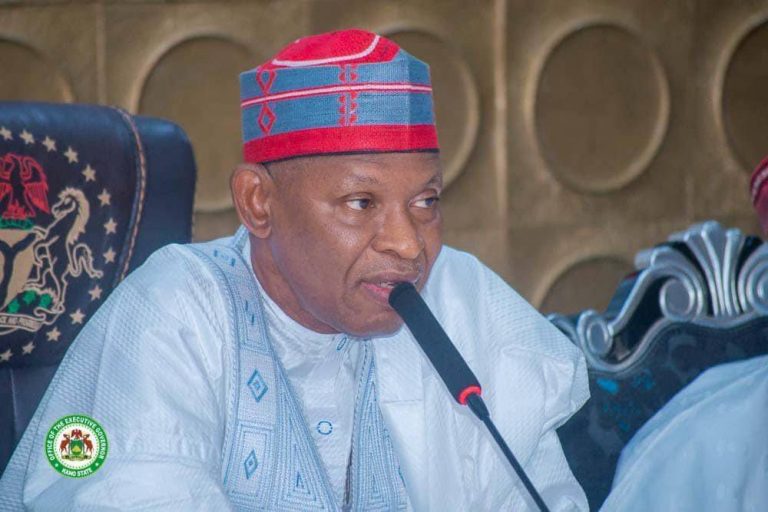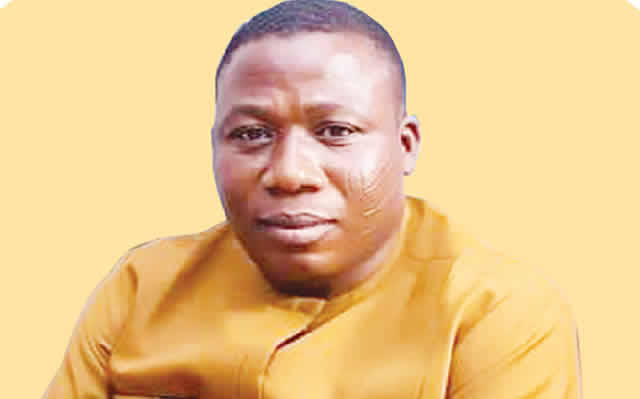In an astonishing turn of events, far-right economist and self-proclaimed anarcho-capitalist Javier Milei has surged ahead in Argentina’s primary election, sending shockwaves through the nation’s political scene. Despite being a relative newcomer, Milei secured a stunning 30% of the votes, surpassing expectations and edging out established candidates.
The primary election, which is open to all eligible voters and not restricted to party members, is considered a pivotal indicator for the upcoming presidential election on October 22. Milei’s unexpected success has been likened to a political earthquake by Argentine media, highlighting the seismic shift he has brought about.
Milei’s rise is fueled by his anti-establishment stance, which resonates with a population disillusioned by decades of economic turmoil. With an inflation rate surpassing 115% and a quarter of Argentines living in poverty, Milei’s promise of radical change has captured the attention of voters seeking a solution to the country’s pressing issues.
The outspoken politician’s proposals include abolishing the central bank, adopting the US dollar as the national currency, and privatizing state-run companies operating at a loss. Drawing parallels with Brazil’s Jair Bolsonaro, Milei also advocates for loosening gun control measures. He stands firmly against abortion except in cases of endangering the mother’s life and denounces sex education in schools as a threat to the “traditional family.”
Milei’s surge in the primaries has left analysts speculating about the potential impact on Argentina’s economy. The peso’s value could face further decline when markets open, reflecting the uncertainty Milei’s candidacy introduces. As the leading candidates, including Patricia Bullrich and Sergio Massa, gear up for the presidential election, a second round seems increasingly likely due to the narrow margin among the top contenders.
Milei’s unprecedented success reflects a growing trend of anti-establishment candidates shaking up politics across South America. Similar stories have emerged in countries like Colombia and Chile, where unexpected candidates made substantial gains in elections, reshaping the region’s political landscape.
Source: BBC
Advertisement





